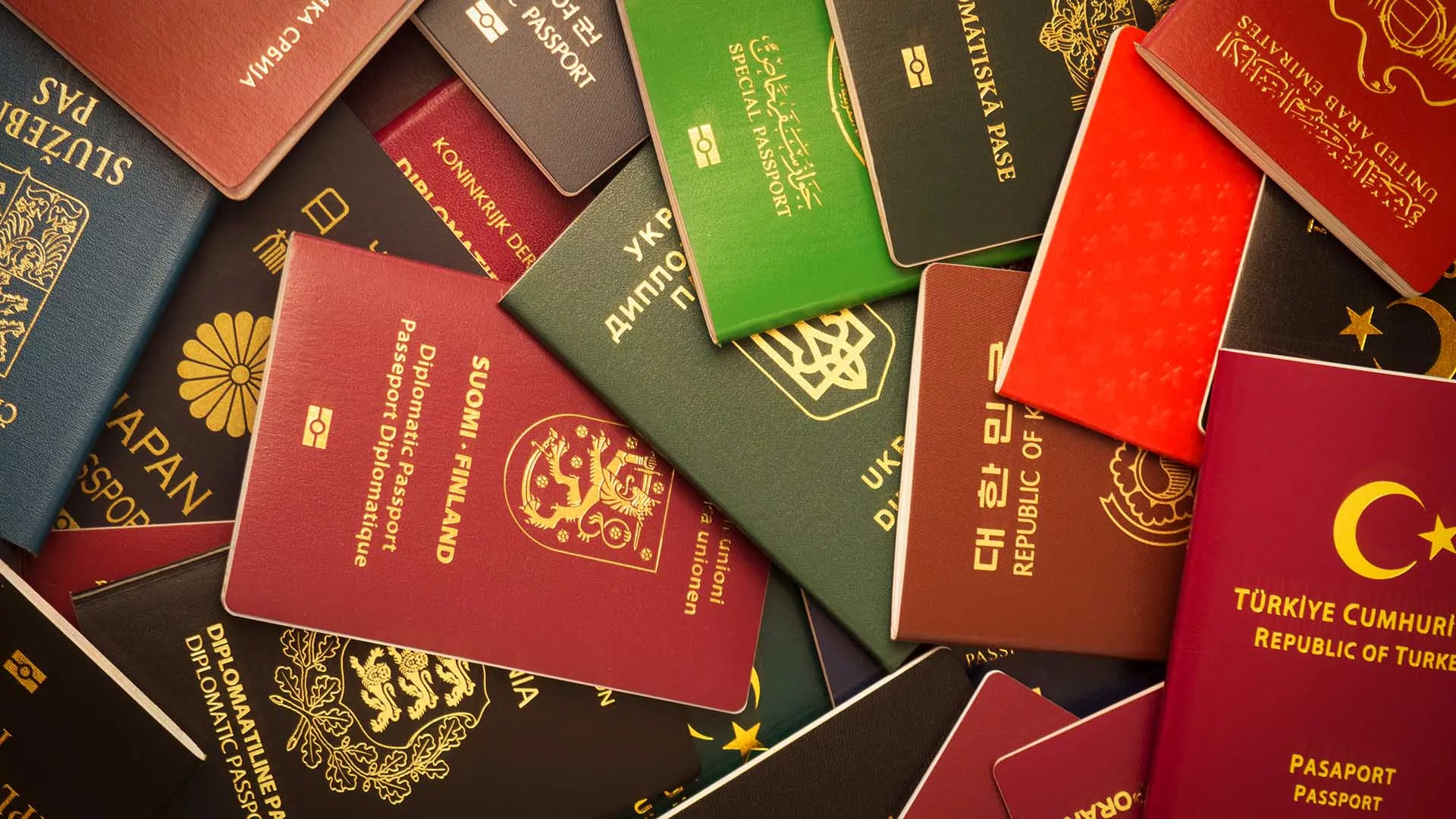Police across five countries dismantled an international crime ring implicated in the smuggling of over 5,000 migrants, arresting 62 suspects, including 25 Cuban nationals, Europol reported Monday.
 The criminal network successfully smuggled an estimated 5,000 Cuban nationals into the EU, generating profits of around 45 million euros (US$ 49.7 million). (Photo: Europol, License)Authorities from Germany, Spain, Serbia, Greece and North Macedonia took down the smuggling network that transported some 5,000 Cubans into the EU via Serbia, generating roughly 45 million euros (US$ 49.7 million) in profits.
The criminal network successfully smuggled an estimated 5,000 Cuban nationals into the EU, generating profits of around 45 million euros (US$ 49.7 million). (Photo: Europol, License)Authorities from Germany, Spain, Serbia, Greece and North Macedonia took down the smuggling network that transported some 5,000 Cubans into the EU via Serbia, generating roughly 45 million euros (US$ 49.7 million) in profits.
The smugglers used a messaging app to offer their services to Cubans in vulnerable situations. When the opportunity arose, the criminal group would also take advantage of their most vulnerable clients, such as minors, and subject them to scams, robberies, and extortion, Europol said.
There were also cases where women were transferred to other criminal groups for sexual exploitation.
The group charged a fee of around 9,000 euros (US$ 9,943.60) for transportation and fraudulent documentation. These false documents were in fact stolen by the ring and then distributed to a migrant closely resembling the real passport holder. Authorities dub this the “lookalike” method.
Visa-free travel requirements to Serbia from Cuba made the south-east European nation an ideal launching point for the migrants into the EU.
The investigation started in October 2021 after authorities from Serbia, Greece, North Macedonia, and Finland reported an increased number of Cuban nationals entering their borders with false documents.
It wasn’t until January 2023, however, that law enforcement became aware that the Cubans were being smuggled into the EU.
Authorities also began to closely monitor how the smugglers were altering their routes and strategies in response to changes in the geopolitical landscape, that being Russia’s war of aggression against Ukraine.
Before the Russo-Ukrainian War, the smugglers also chartered flights to Russia before transporting the migrants across the Finnish-Russian border. Since February last year, however, that route has been closed off, with Serbia now being their principal landing point into Europe.
Upon arrival in the EU, the migrants would then apply for asylum or contract the criminal network to smuggle them into another country within the Schengen Area.
When necessary, the smugglers would lead large groups of migrants on foot for several hours, in the dark, without any provisions.
In June 2023, when law enforcement sprung into action, police officers managed to seize hundreds of fraudulent travel documents used by the smugglers. Investigators also seized 18 pieces of real estate, 33 vehicles, and 144 bank accounts, along with vast sums of cash in various currencies.
Published by: occrp.org




